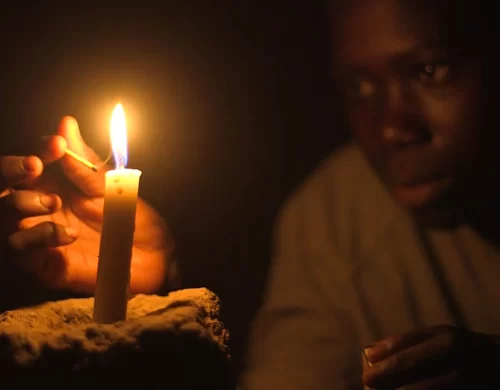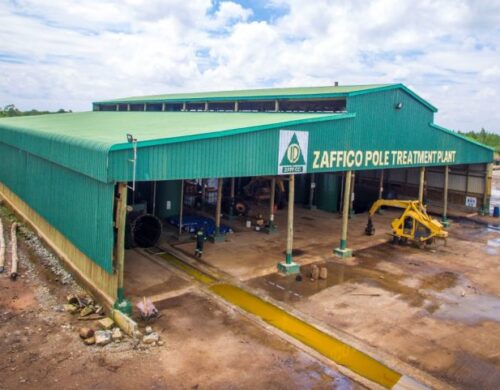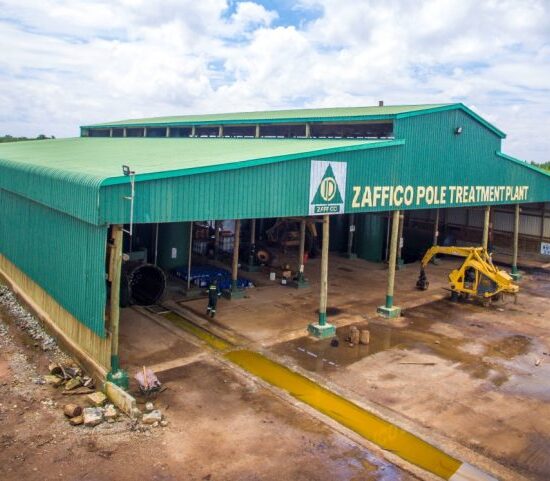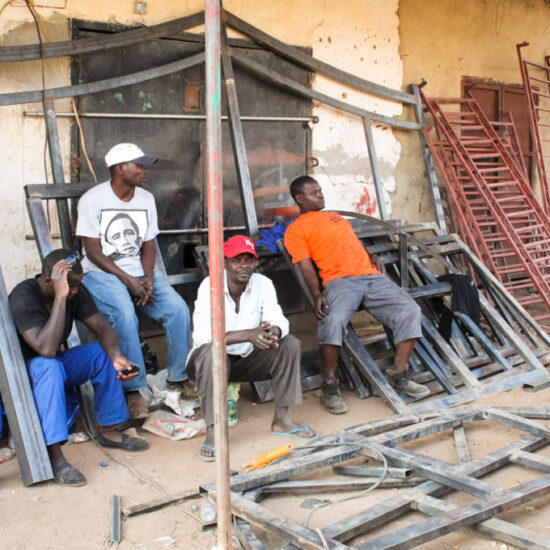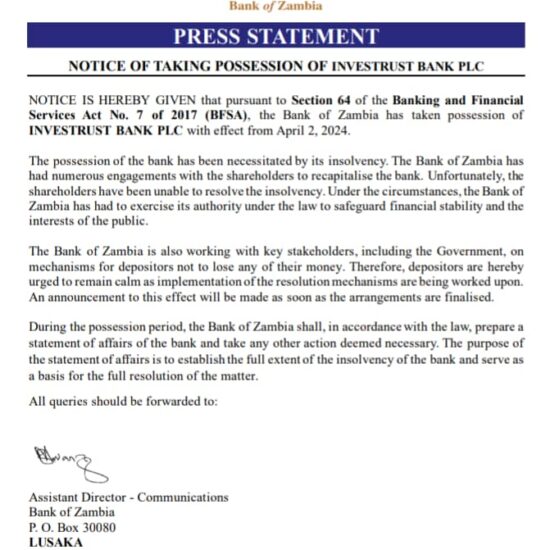
By Chola Mpasa
I am not sure how and through which channel to forward my proposals for the 2020 budget to the Minister of Finance, and am sure there are many more citizens who are in this position, the least I will do is put them on my FB page or submit to the Zambian Business Times – ZBT hoping someone can deliver my proposals to the right office.
Newly appointed Finance Minister Dr. Bwalya N’gandu on on record to have stated that “I will be presenting the 2020 national budget in the next few weeks and I wish to remind the business community and the public on the need to respond to government’s call for tax and non-tax proposals for the 2020 budget and the 2020-2021 Medium Term Expenditure Framework. We look forward to more engagements and cooperation with both the public and private sectors during the remaining quarters of 2019,” he said.
The Finance Minister was quoted as saying at the recent ZICA Annual Business Conference (ZICA ABC) in a speech read on his behalf. It is one thing to call for budget proposals and it is another to receive, accept and implement the proposals. First let us look at what the budget is.
What Type of Budget Is intended for 2020
A budget is an estimation of revenue and expenses over a specified future period of time and is usually compiled and re-evaluated on a periodic basis. Budgets can be made for a person, a family, a group of people, a business, a government, a country, a multinational organization or just about anything else that makes and spends money. At companies and organizations, a budget is an internal tool used by management and is often not required for reporting by external parties https://www.investopedia.com/terms/b/budget.asp
Having defined a budget, we should now look at what budget the current government is running. This is a difficult question to ask and answer. I am not sure what kind of budget this government is running. Is it an activity based budget?, a cash budget? or a “by election” budget? (a budget where development follows by elections) or whatever name can be given to such a happening.
It is important that before calls are made for people to submit to an important task/activity like a the national budget, there must be clarity and guidelines on the type of budget government intends to put in place for 2020. At least there must be some policy tone or policy statements to give some level of direction to the process.
Otherwise, you may end up submitting capitalist ideas when in fact it is a socialist government in place or it is a pro poor versus private sector driven budget. So, our appeal is that let government come up with some clear indications.
From my experience at company or corporate level, assumptions are made by management and/or board (Cabinet in the case of the national budget), for example on intended growth rates, exchange rates, projected staffing levels, branches and then you ask units (GRZ Spending Agencies and the public) to contribute to the formation and finalization of a budget or a strategic plan. In the absence of that, all submissions will be chaotic. It is like asking for ideas in a wilderness without boundaries.
Review of Past Year(s) budgets
In order to try and understand what has been done in the past, I went to the Ministry of Finance website and obviously I was looking for the 2018 Annual report. https://www.mof.gov.zm/public- financial-management/
On detailed annual reports, I could only find the ones for 31 December 2011 and 2010 and on the summarised financial report section I could only find reports as at year end for 2012-16. As can be seen, annual reports for 2017 and 2018 are missing or are yet to be uploaded for reasons best known to the finance ministry.
So what does the constitution say about the preparation of these Financial annual reports for the Government of the Republic of Zambia (GRZ) for each year? Article 211 addresses this question and here is what it says. I have added notes in brackets and italics.
“(1) The Minister responsible for finance shall, within three months after the end of each financial year, prepare and submit to the Auditor-General the financial report of the Republic in respect of the preceding financial year. (by 31 March 2019 for 2018 financial year)
(2) The Auditor-General shall, within two months of receipt of the financial report, examine the financial report and express an opinion on the report. (by 31 May 2019 for 2018 Financial year)
(3) The Minister responsible for finance shall, within one month (by 30 June 2019 for 2018 Financial year) after the receipt of the Auditor-General’s opinion, lay the financial report, with the Auditor- General’s opinion, before the National Assembly. (Has this been done for the year ended 2018?Looking at the information available on Ministry of Finance website, are we not right to assume that the accounts for 2018 are not yet ready)?
(4) The financial report shall include information on— (a) revenue received by the Republic during that financial year; (b) the expenditure of the Republic during that financial year; (c) gifts, donations and aid-in-kind received on behalf of the Republic in that financial year (it will be interesting to see gifts that have been received on behalf of GRZ), their value and how they were disposed of; (d) debt repayments; (Very key, a breakdown by creditor will be of great value)(e) payments made in that financial year for purposes other than expenditure; (f) the financial position of the Republic at the end of that financial year; and (g) other information as prescribed.
So in the absence of publicly available latest audited financial statements for the government treasury for detailed accounts from 2012 to 2018 and for summarised accounts from 2017-18, how does the MinIstry of Finance expect people/the public to make informed submissions to the 2020 budget when the past accounts are not available?
My take is that the Ministry of Finance will do better first by complying with the constitutional requirements and making this information publicly available through the website ( we are driving for e-government). Make the detailed and/or audited financial reports for the missing years more especially for 2017 and 2018 available to allow the public review how GRZ finances have fared before asking for submissions.
In the private sector where I am familiar with budgeting process and protocol, there is no way you can go to a board to present a budget for next year in the absence of prior year and the latest audited Financial statements, as the management will get sacked.
We cannot go on as a nation presenting budget proposals year in and year out in the absence of latest audited GRZ Financial reports as required by law, and not just a law, an Act and by the Constitution. i.e. In the absence of proper accountability for past financial periods.
If these latest financial statements are available, let Ministry of Finance offload them onto their website, so that we and the general public review them, then we can make informed proposals on the 2020 budget. In the absence of that, like I said, it is like making presentations/proposals in the wilderness.
Article 211-4 is very clear on the information that Finance Ministry must provide. It even requires an opinion to be given on “(f) the financial position of the Republic at the end of that financial year;” It is not right or should I say it is unfair to ask for budget proposals when we do not know the financial position of GRZ.
Latest quarterly Budget execution reports for 2019 are also missing on the website. Again how do you make 2020 budget proposals as a public when we are lacking information as to what has happened? so far in 2019 for quarters ended 31 March and 30 June 2019 in the budget execution, why are these reports not made public by updating the website?
Budget and Planning Legislation
In Article 205. The following shall be prescribed:
(a) the financial management and regulation of public funds; (b) the preparation of medium and long-term financing frameworks and development plans; (c) the budget preparation process; (d) public participation, at all levels of government, in the formulation of financing frameworks, development plans and preparation of annual budgets; (e) the content of the financial report of the Republic provided for in Article 211; and (f) the control and disbursement of appropriated funds.
Again article 205 of the Constitution of Zambia is very instructive in summary on the budget process. Has GRZ prescribed as required in d? ; (d) public participation, at all levels of government, in the formulation of financing frameworks, development plans and preparation of annual budgets;
The question is “are these regulations which will enable the public to participate “at all levels of government” in presenting these budget proposals followed? Does this lack of publicity and awareness of the public participation compromise the quality of the budget?.
In conclusion
There is a lot to be said on this call by the Finance Minister for public and institutional proposals for 2020 budget. My proposal to him is that first let him put his house in order. Disseminate to the public the processes as “prescribed” on how these proposals to the budget can be made.
I would even propose that may be he can go round the ten provincial centres like his predecessor did regarding sale tax and hold consultative meetings to enable maximum public participation and engagement.
But even before that, let’s the ministry of finance make available the latest financial statements of GRZ as at 31 December 2018, clearly indication the financial position of the Republic. Once this is availed, then some of us and all those like minded people, experts and other well meaning citizens will gladly present our 2020 proposals for the budget.
For now, there is lack of information on which to base our proposals as a public or organizations. These is need to widen participation and ideas sourcing to unlock the potential that has been talked about that Zambia has.
Chola Mpasa is a Financial Analyst and an ardent ZBT reader. For contributions or comments, post under comments column or send us an email to info@zambianbusinesstimes.com
